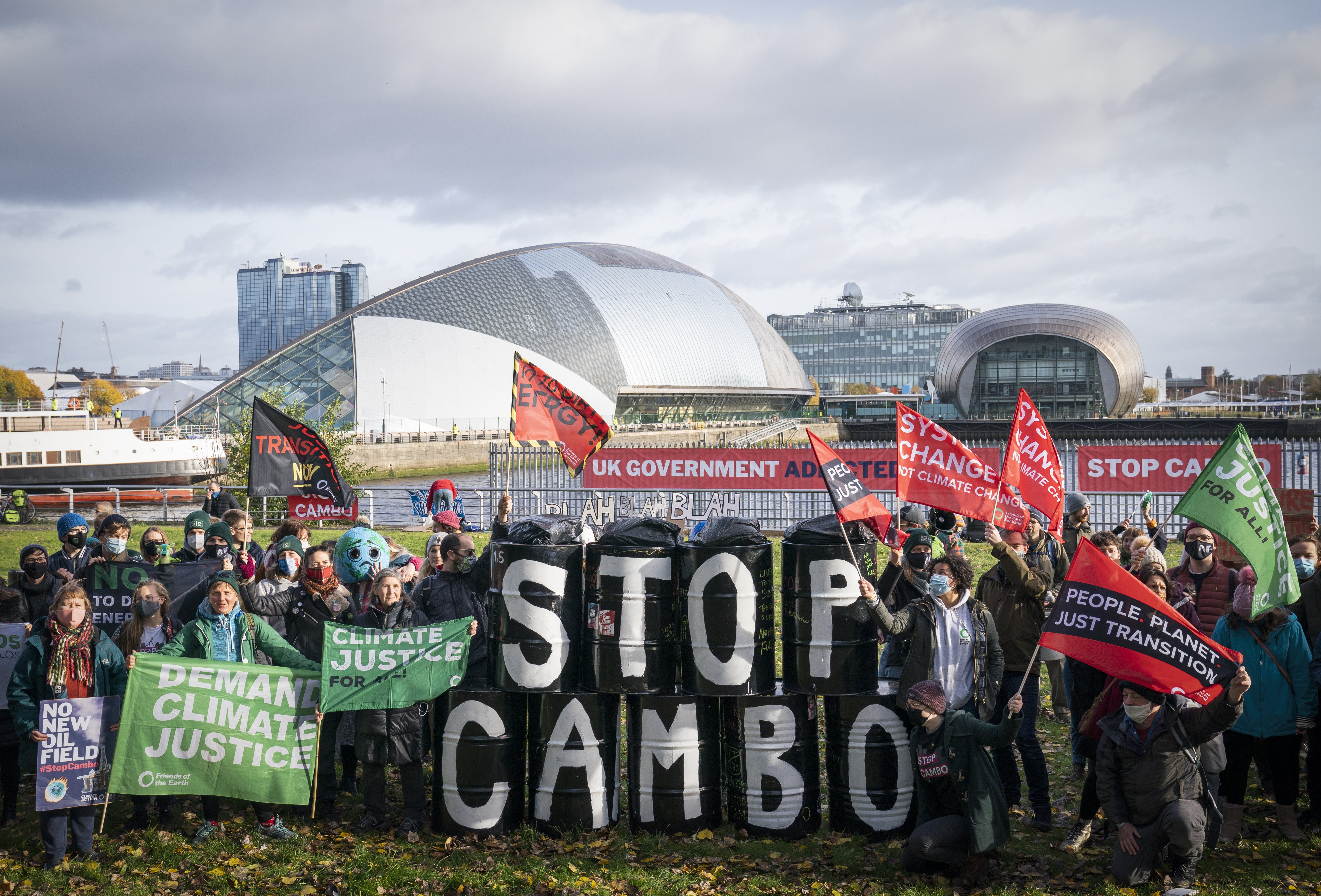Why oil giant Shell is rethinking Cambo drilling just three months after pulling out
Soaring energy prices have led fuel giant to rethink project just months after it said case for investment was ‘not strong enough’

Energy company Shell is said to be reviewing its decision to pull out of the controversial Cambo oilfield in light of soaring energy prices.
Work on the proposed development off the west coast of Shetland was paused in December after the oil giant decided to withdraw from the project, concluding the economic case for investment was “not strong enough” and also citing the potential for delay.
Sources have now told the BBC that although Shell’s official position remains the same it acknowledged the “economic, political and regulatory environment had changed enormously” in the three months since the company announced it was pulling out of the project.
Environmental groups have long opposed the proposed field, warning it would jeopardise hundreds of species in the ocean.
A Shell spokesperson said at the time: “Before taking investment decisions on any project we conduct detailed assessments to ensure the best returns for the business and our shareholders.
“After comprehensive screening of the proposed Cambo development, we have concluded the economic case for investment in this project is not strong enough at this time, as well as having the potential for delays.
“However, continued investment in oil and gas in the UK remains critical to the country’s energy security. As Shell works to help accelerate the transition to low-carbon energy, we remain committed to supplying UK customers with the fuels they still rely on, including oil and gas.
“We believe the North Sea – and Shell in it – have a critical role to play in the UK’s energy mix, supporting the jobs and skills to enable a smooth transition to Britain’s low-carbon future.”
Shell has owned 30 per cent in the Cambo project, while Siccar Point, which operates it, holds the remaining 70 per cent. “Cambo remains critical to the UK’s energy security and economy,” Siccar Point’s chief executive, Jonathan Roger, said in a statement in December.
“While we are disappointed at Shell’s change of position ... we will continue to engage with the UK government and wider stakeholders on the future development of Cambo,” he added.
At the time, Greenpeace hailed the news as a potential “deathblow” for the project. Philip Evans, oil campaigner at the environmental campaign group, said: “With yet another key player turning its back on the scheme the government is cutting an increasingly lonely figure with their continued support for the oil field.”
Fuel costs have been soaring in the UK in recent weeks as the price of oil spikes, with petrol hitting a new record for the eighth day in a row at £1.67 a litre on Sunday, when diesel also reached an all-time high at £1.79 a litre.
Join our commenting forum
Join thought-provoking conversations, follow other Independent readers and see their replies
Comments
Bookmark popover
Removed from bookmarks